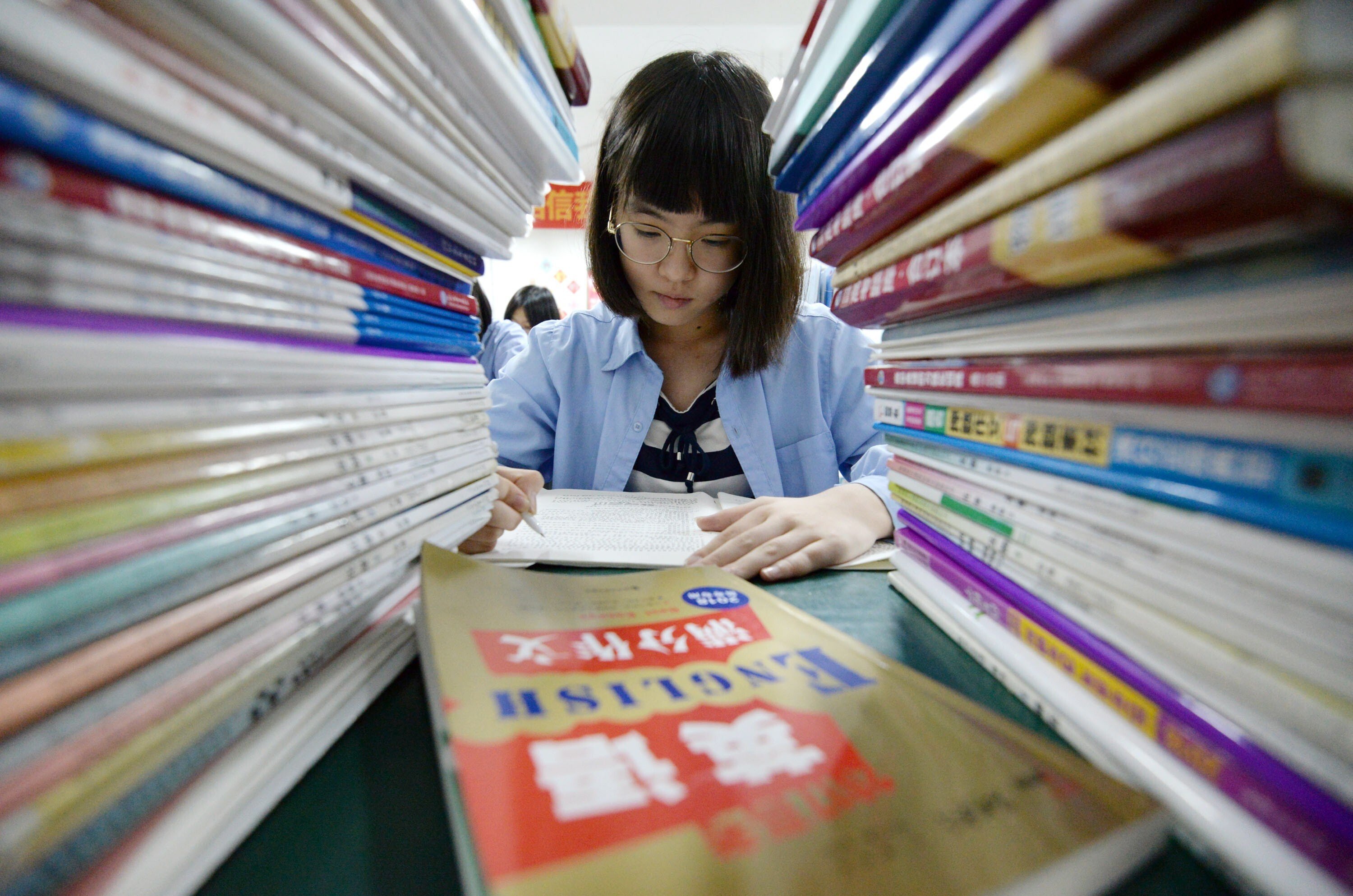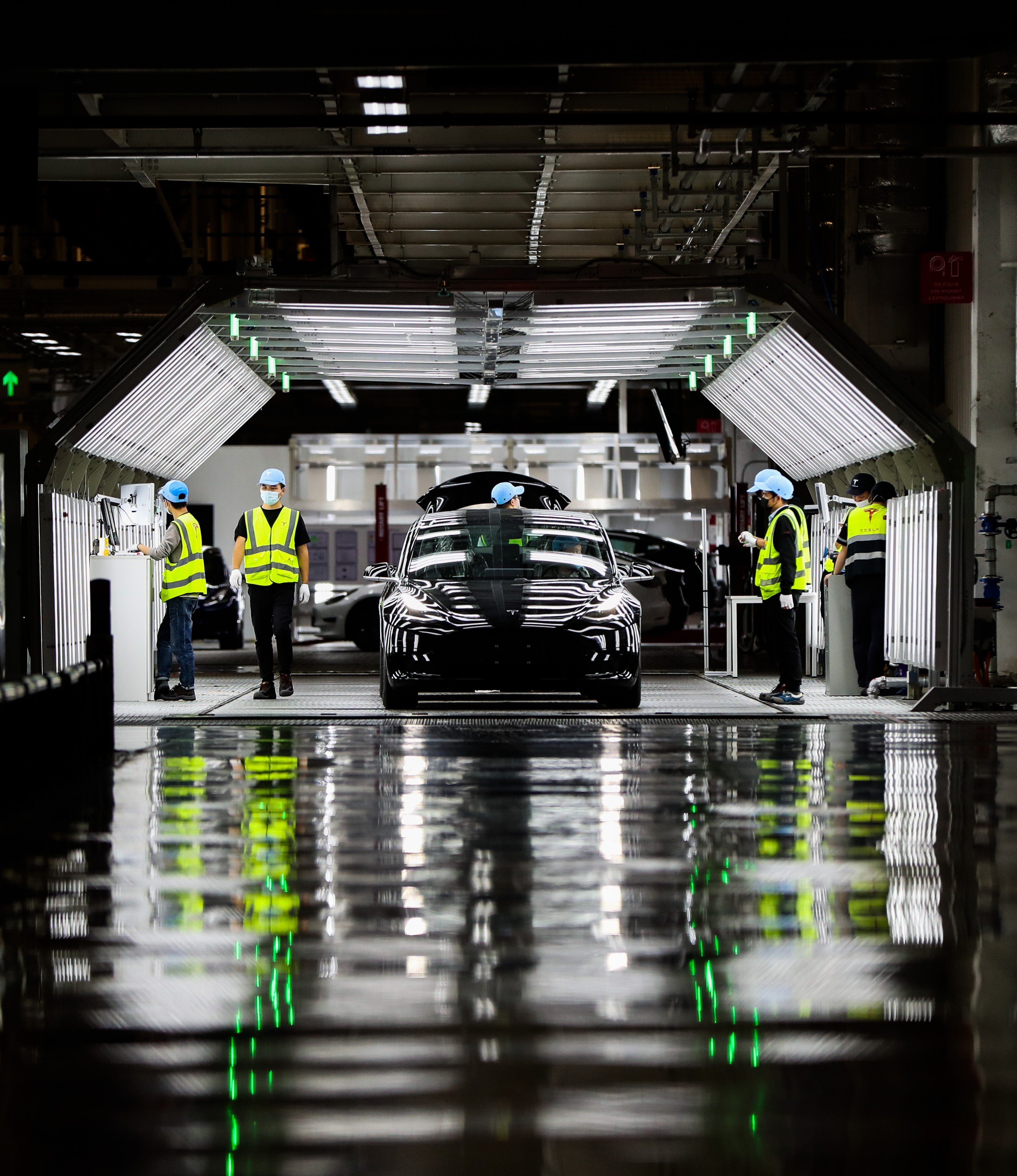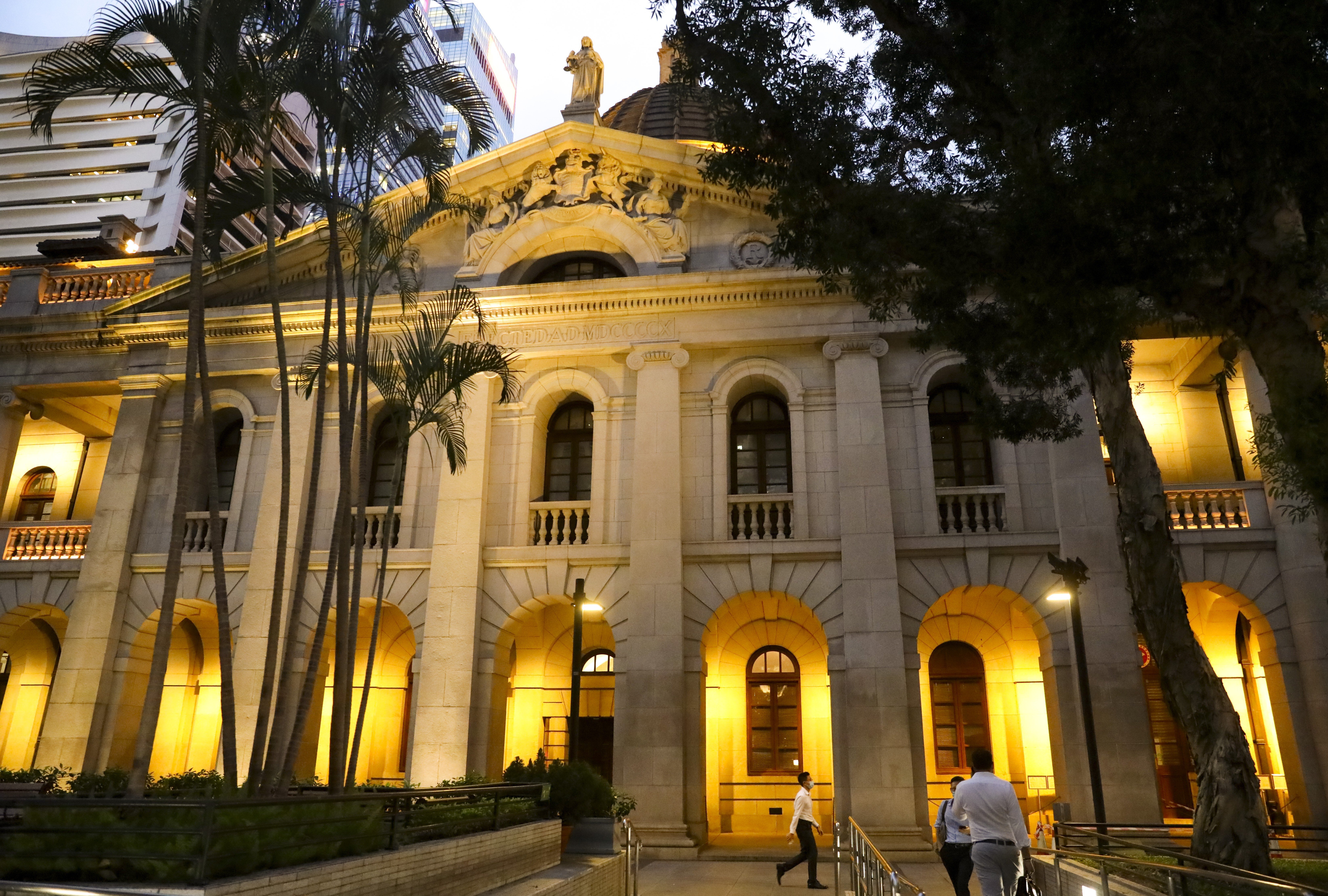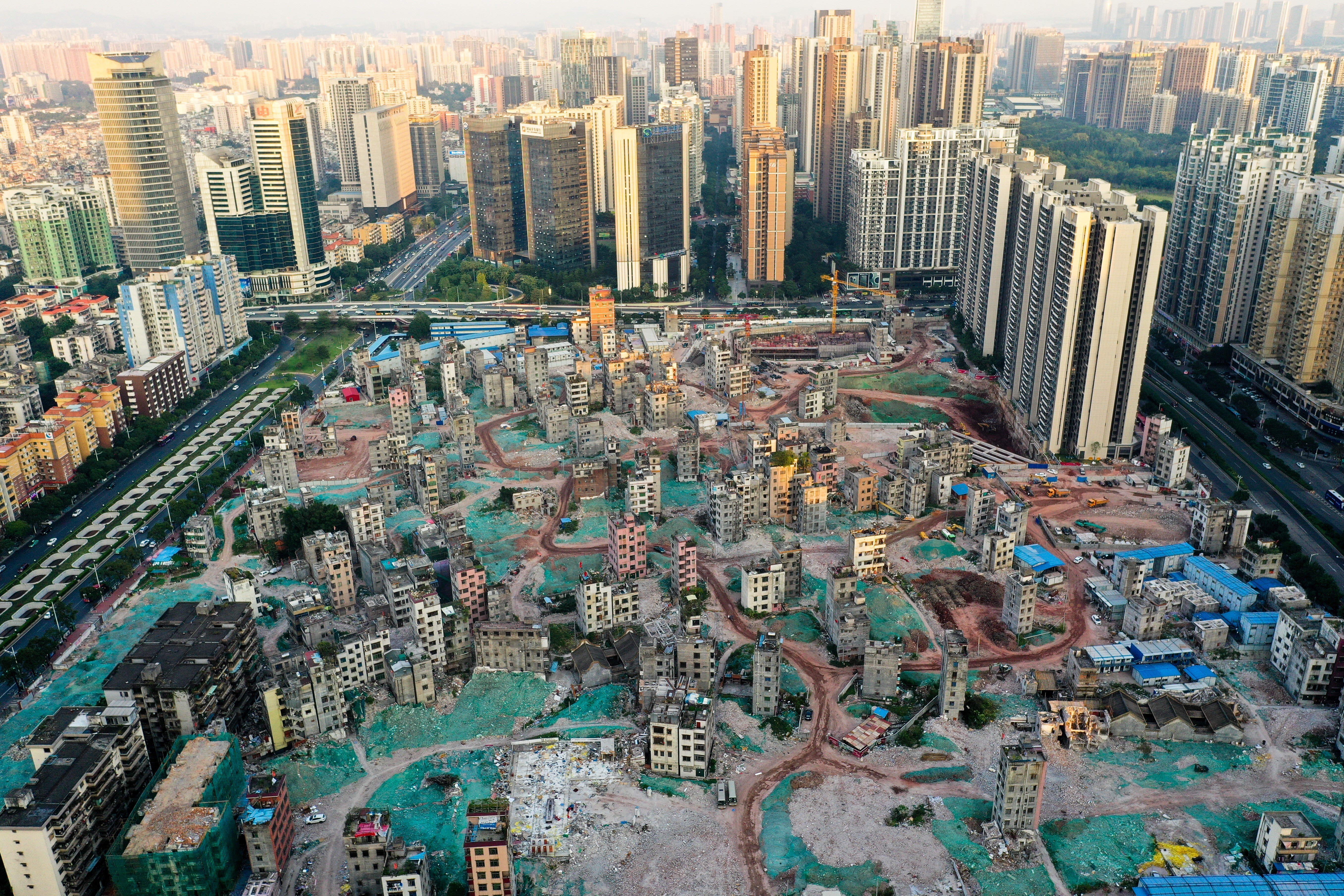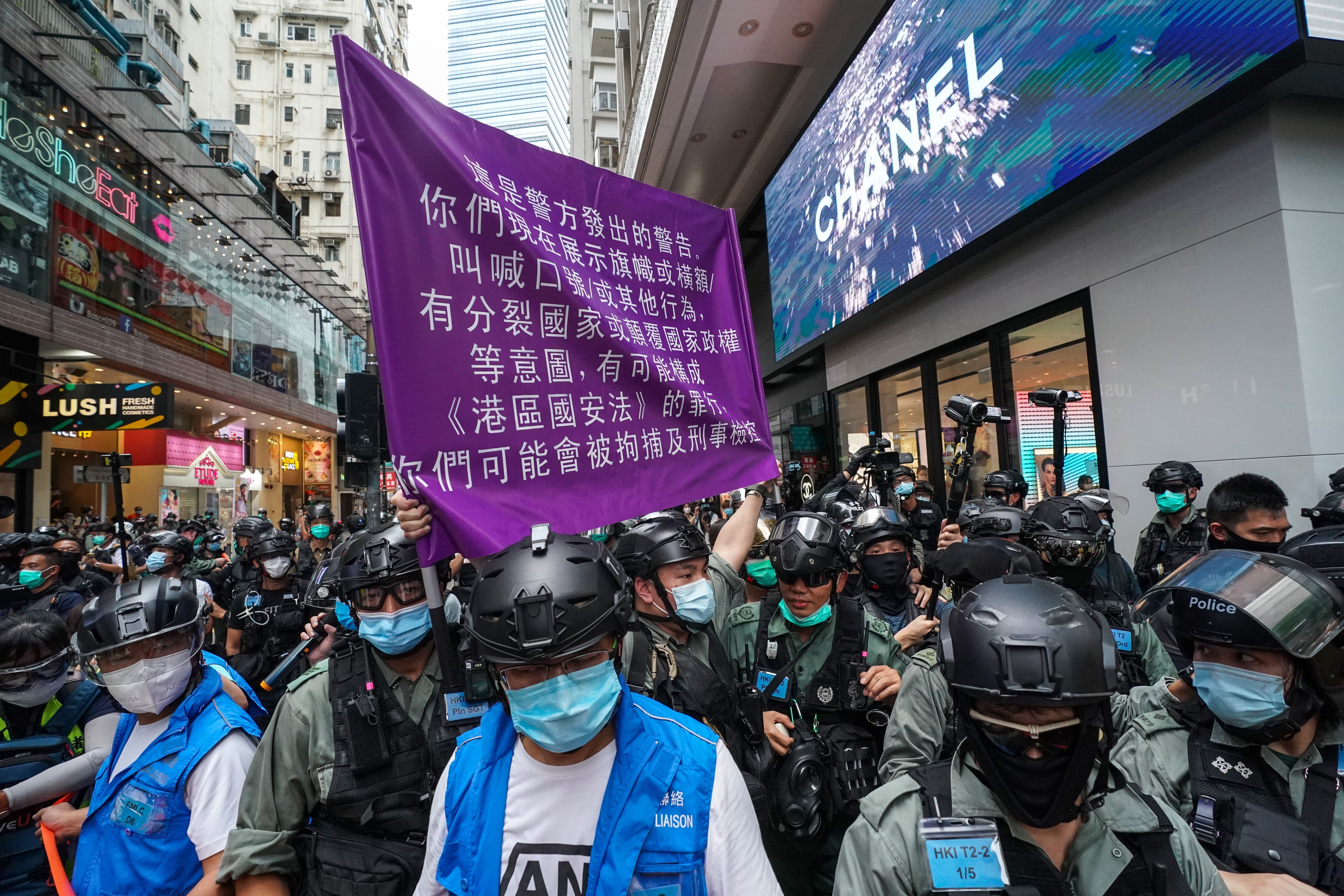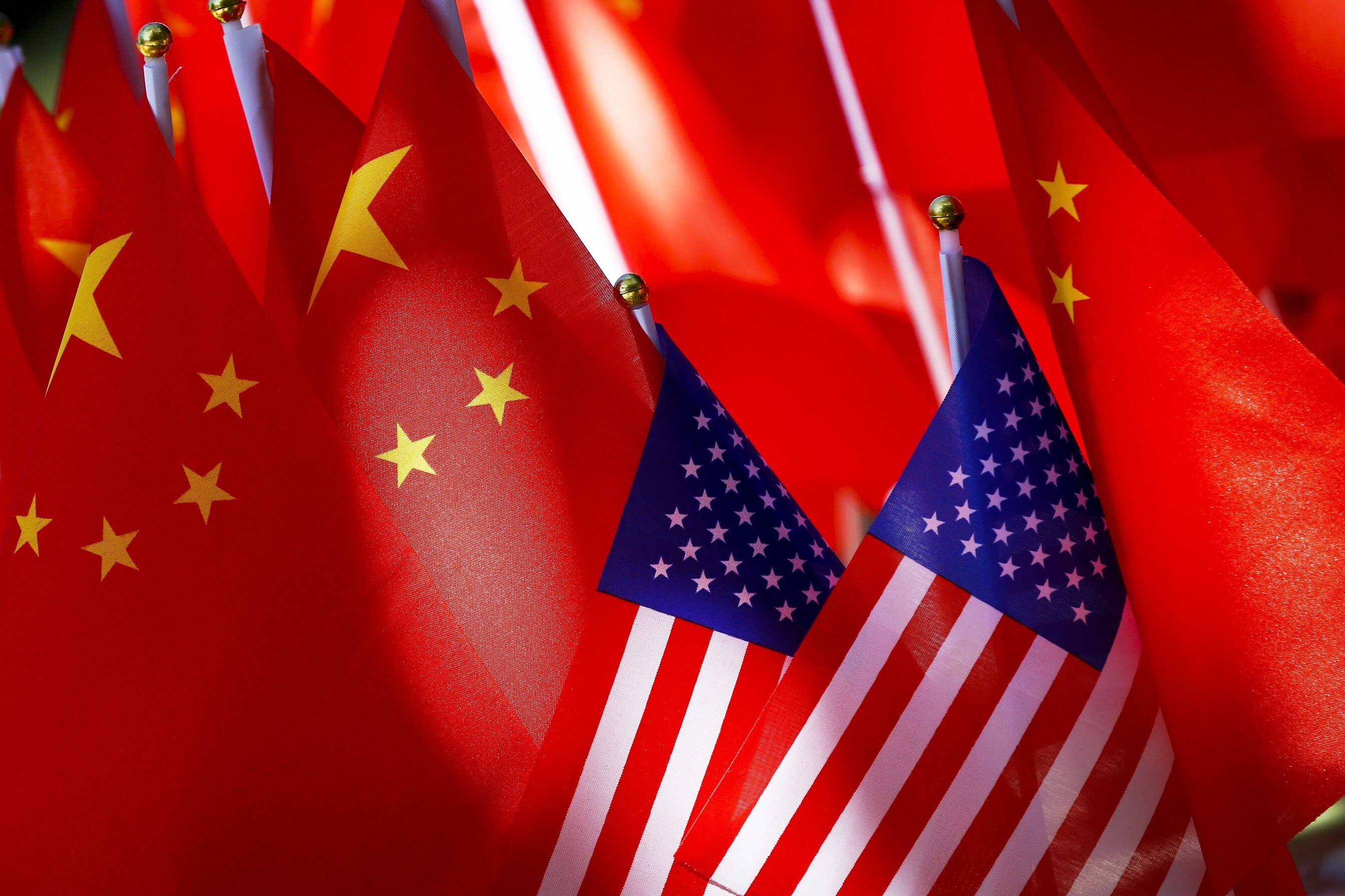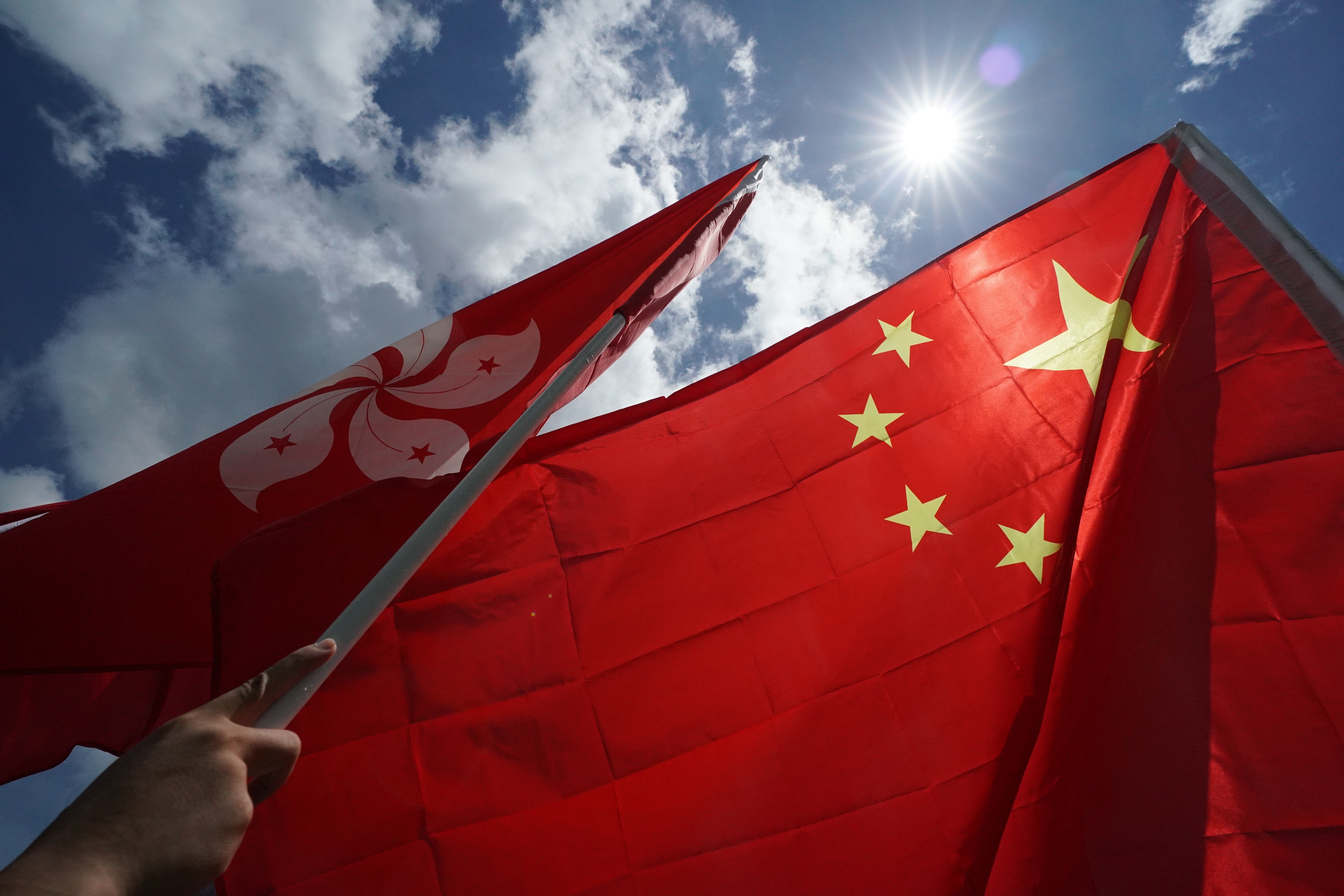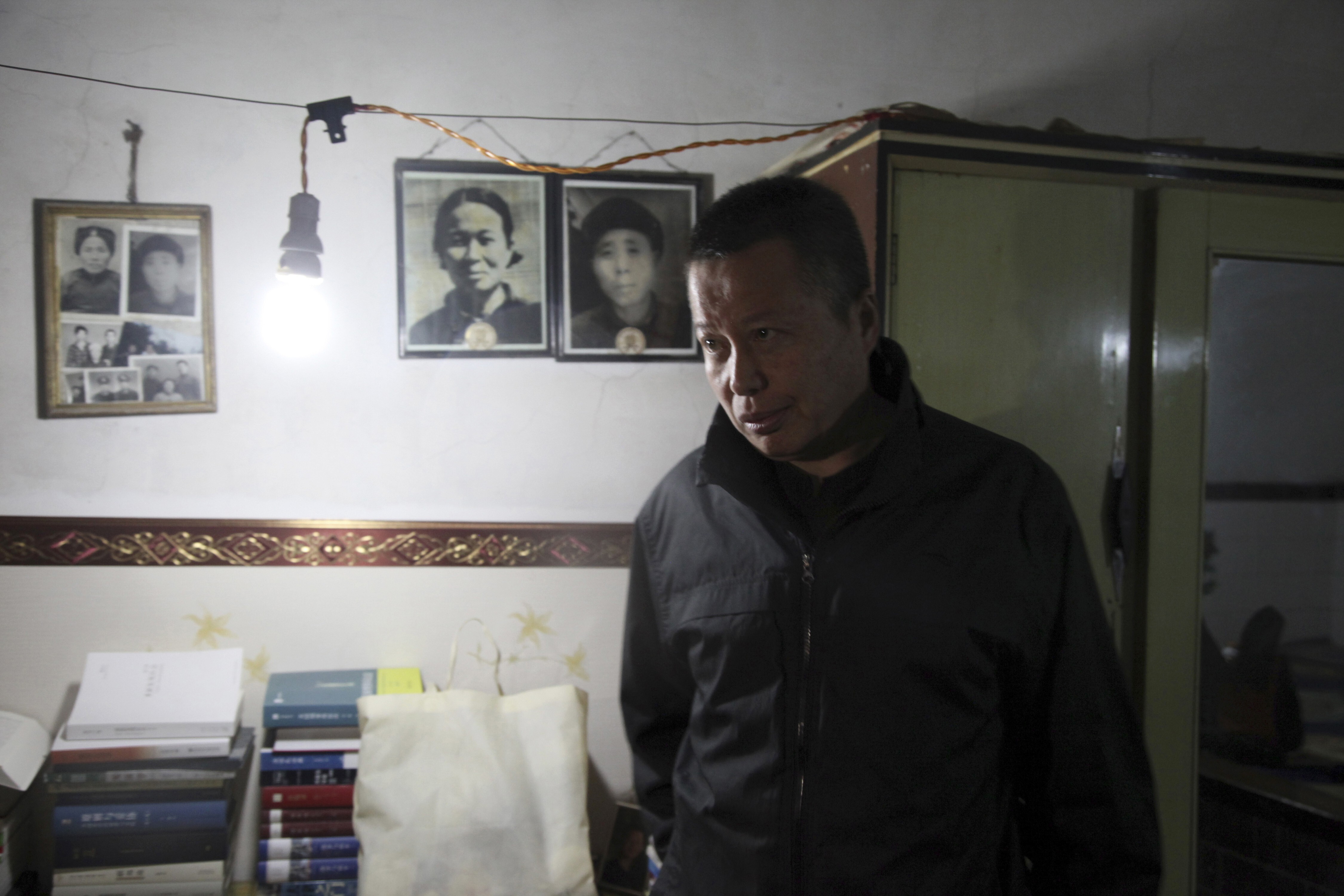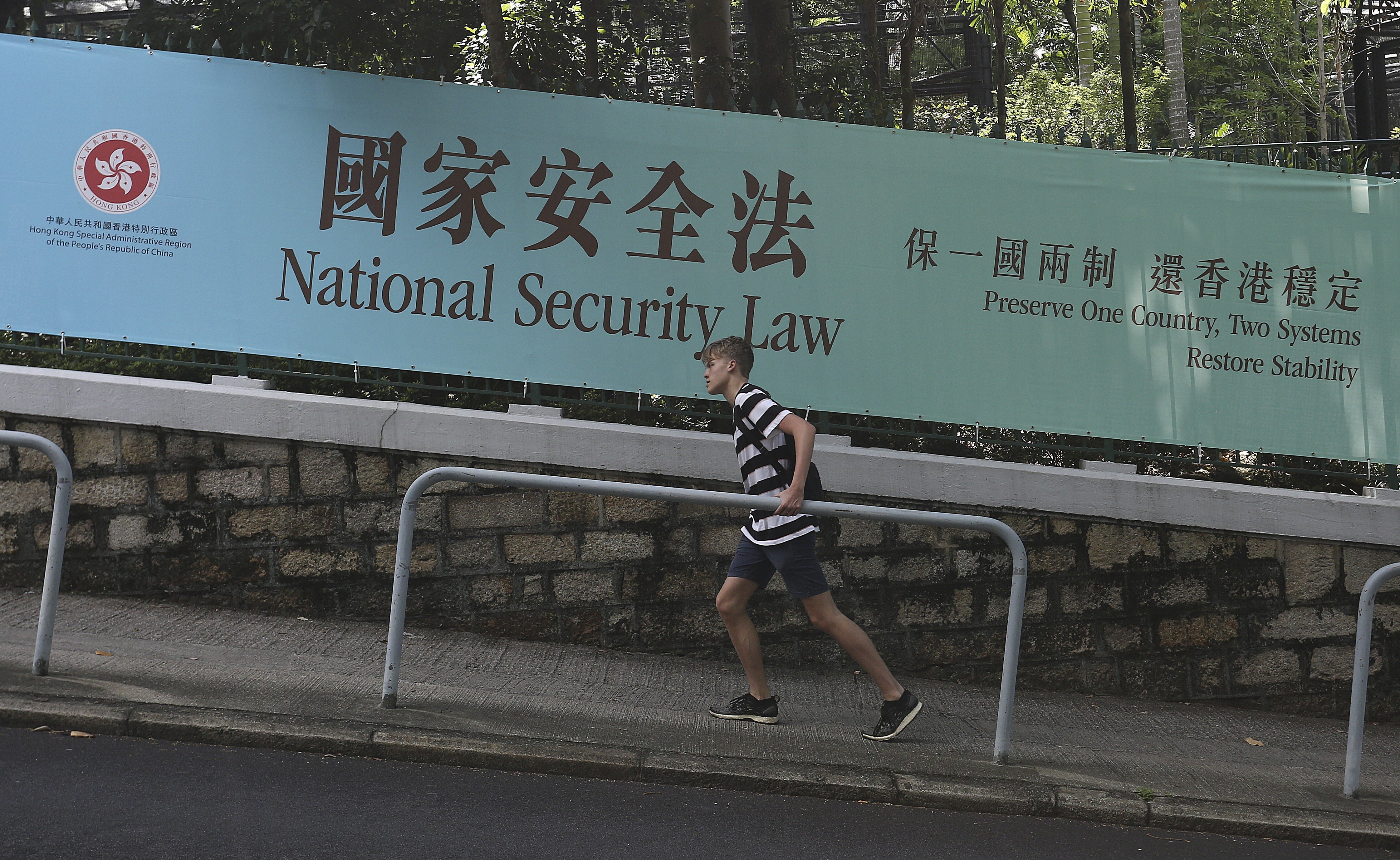Advertisement
Advertisement
TOPIC
Two Sessions 2020 (Lianghui)
Two Sessions 2020 (Lianghui)
Two Sessions refers to China's annual parliamentary meetings, where the two main political bodies of China - the National People's Congress (NPC) and the National Committee of the Chinese People's Political Consultative Conference (CPPCC) - reveal plans for China's policies involving the economy, military, trade, diplomacy, the environment and more. Normally held in March, the 2020 gatherings were postponed because of the coronavirus pandemic. Restoring the economy that was badly hit by the Covid-19 outbreak is expected to be a top priority for China's leaders.
Opinion | How national security law draws Hong Kong closer to mainland China
The pressure exerted on prominent businesspeople and companies to toe the line and the new law’s omission of two rights guaranteed by the Basic Law make it clear that Hong Kong’s journey towards resembling the mainland is well under way.
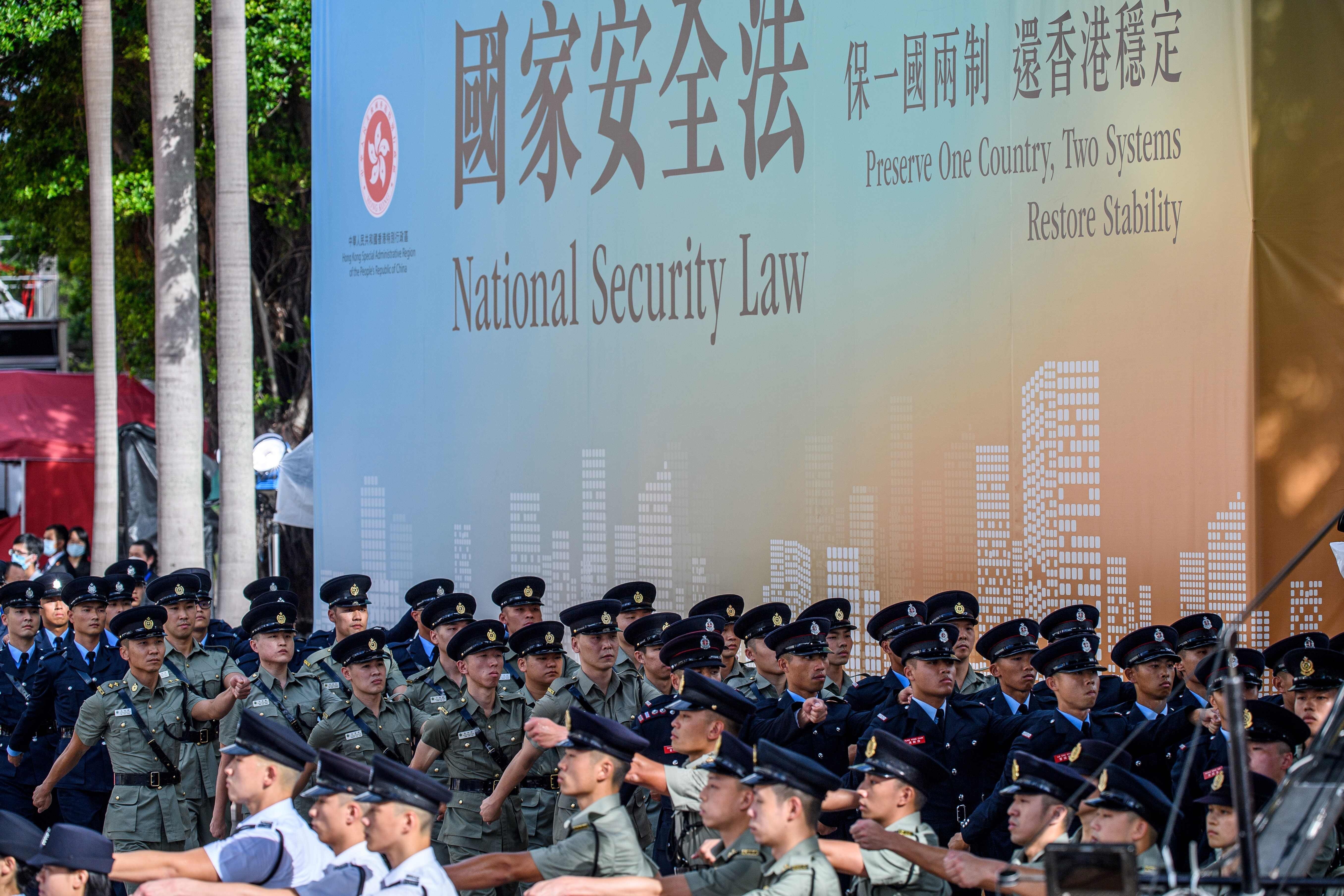
Opinion | Why the struggle for same-sex marriage in China will continue
The primacy of heterosexual marriage in Chinese society means that there are negative social and economic consequences to remaining unwed. Coping strategies range from lesbian women and gay men marrying each other to couples tying the knot outside China or unofficially via an app.
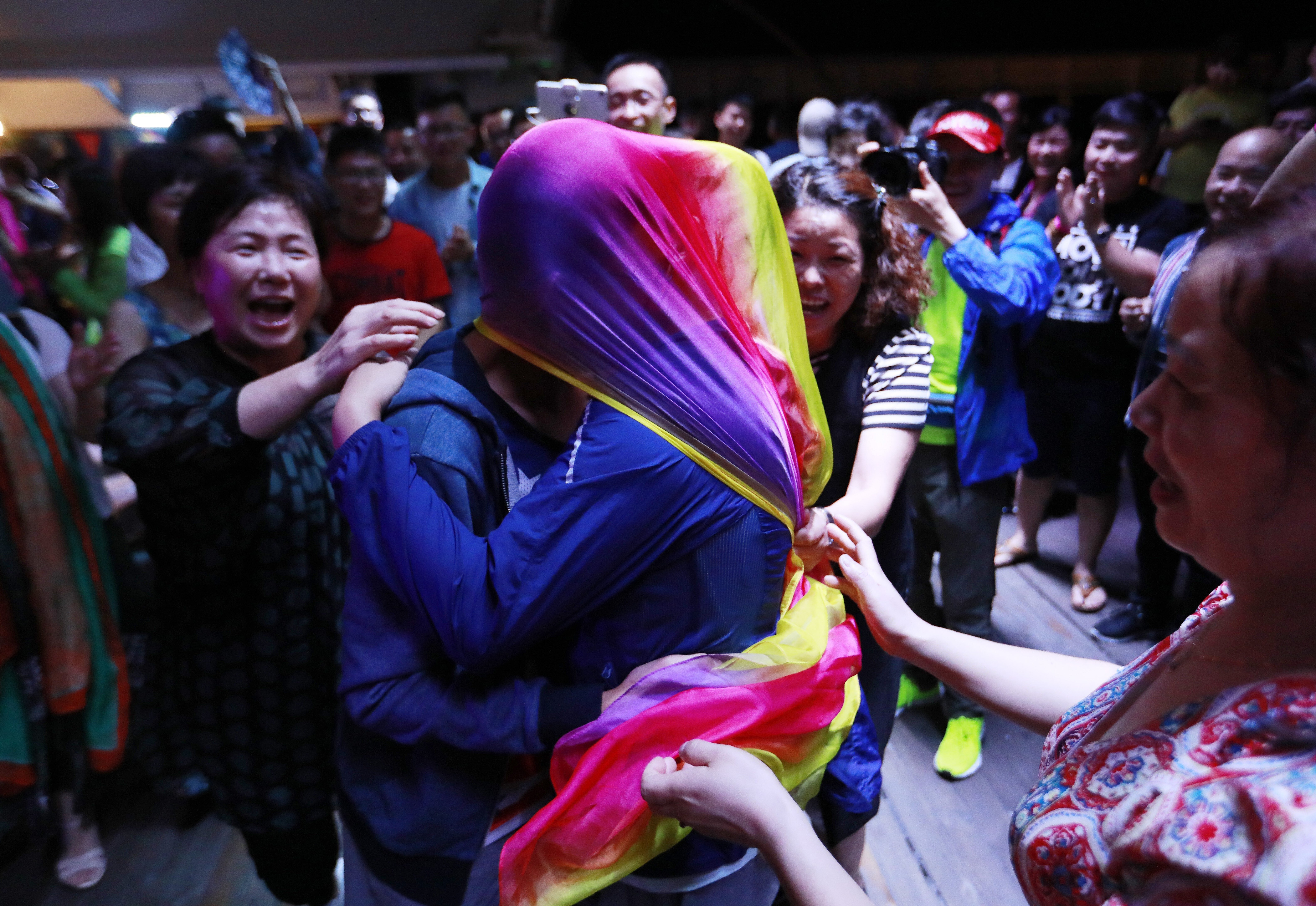
Advertisement
Advertisement
Advertisement
Opinion | National security law: more questions than answers on Hong Kong’s freedoms
Much needs to be done to ensure the national security law is clearly understood and implemented in a way that limits its impact on Hong Kong’s freedoms. Some will welcome Beijing’s move if it restores order, but even if achieved, this will come at a price.
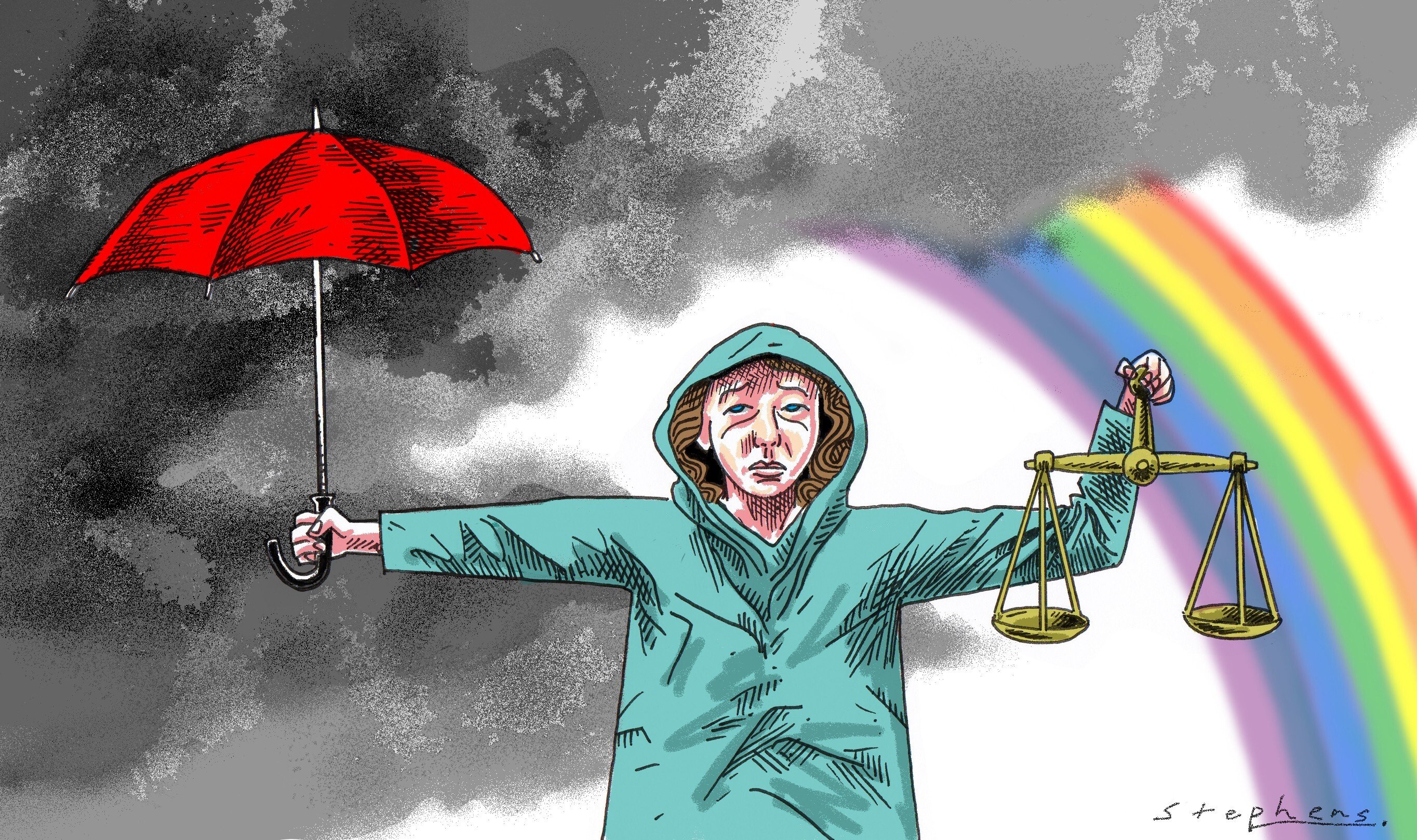
Advertisement
Advertisement
Advertisement
Help preserve 120 years of quality journalism.
SUPPORT NOWAdvertisement
Advertisement
Advertisement
Advertisement
Advertisement
Advertisement
Advertisement
Advertisement
Advertisement
Advertisement
Advertisement
Advertisement
